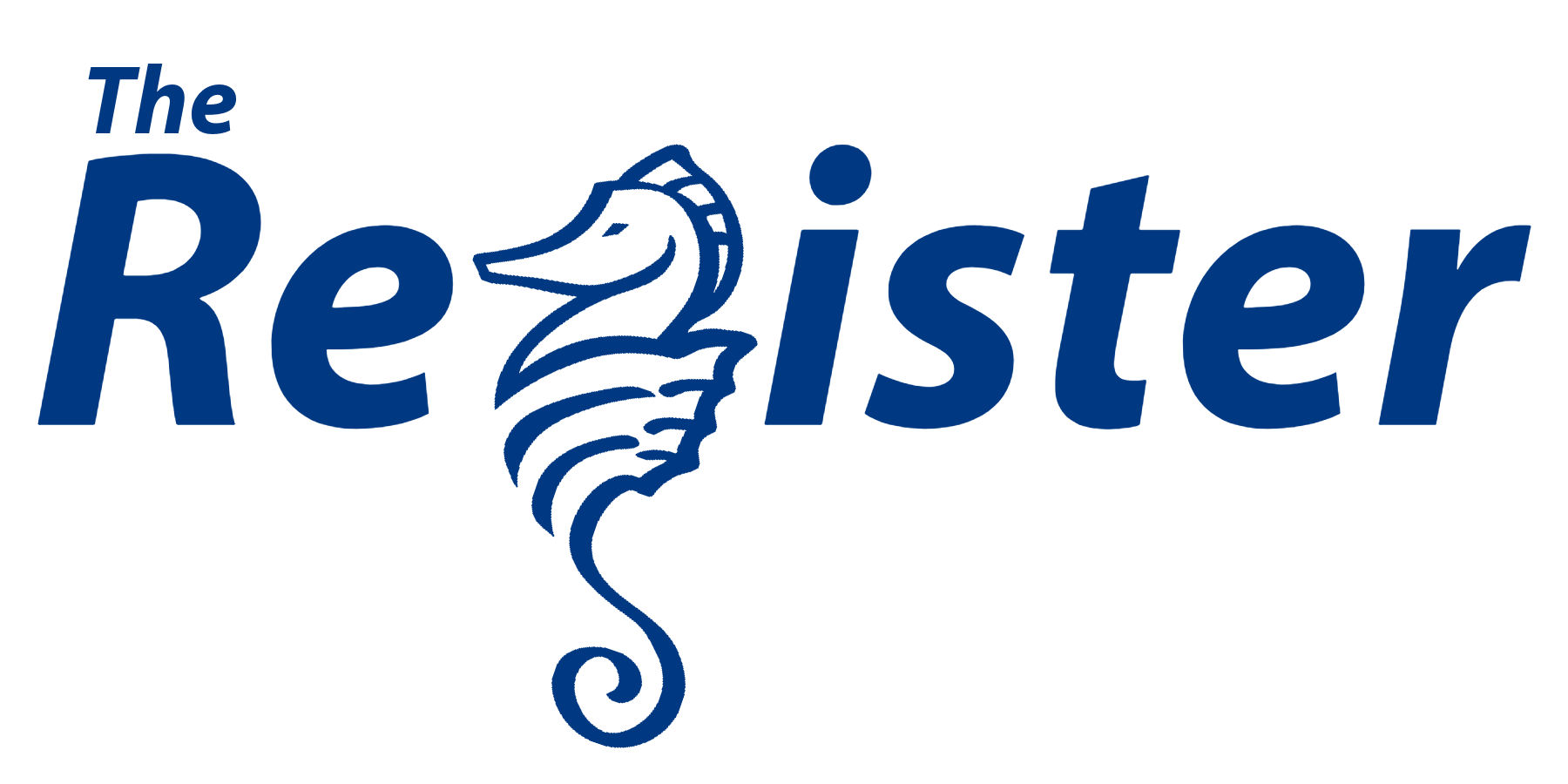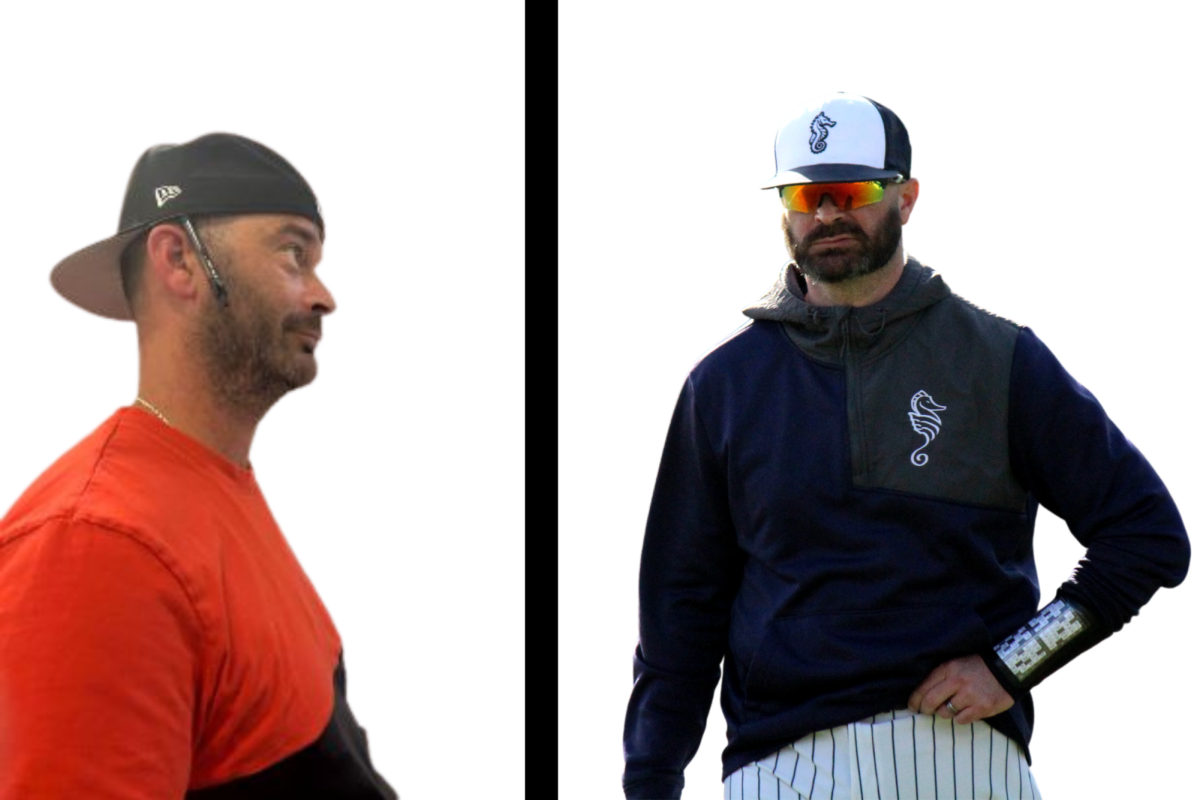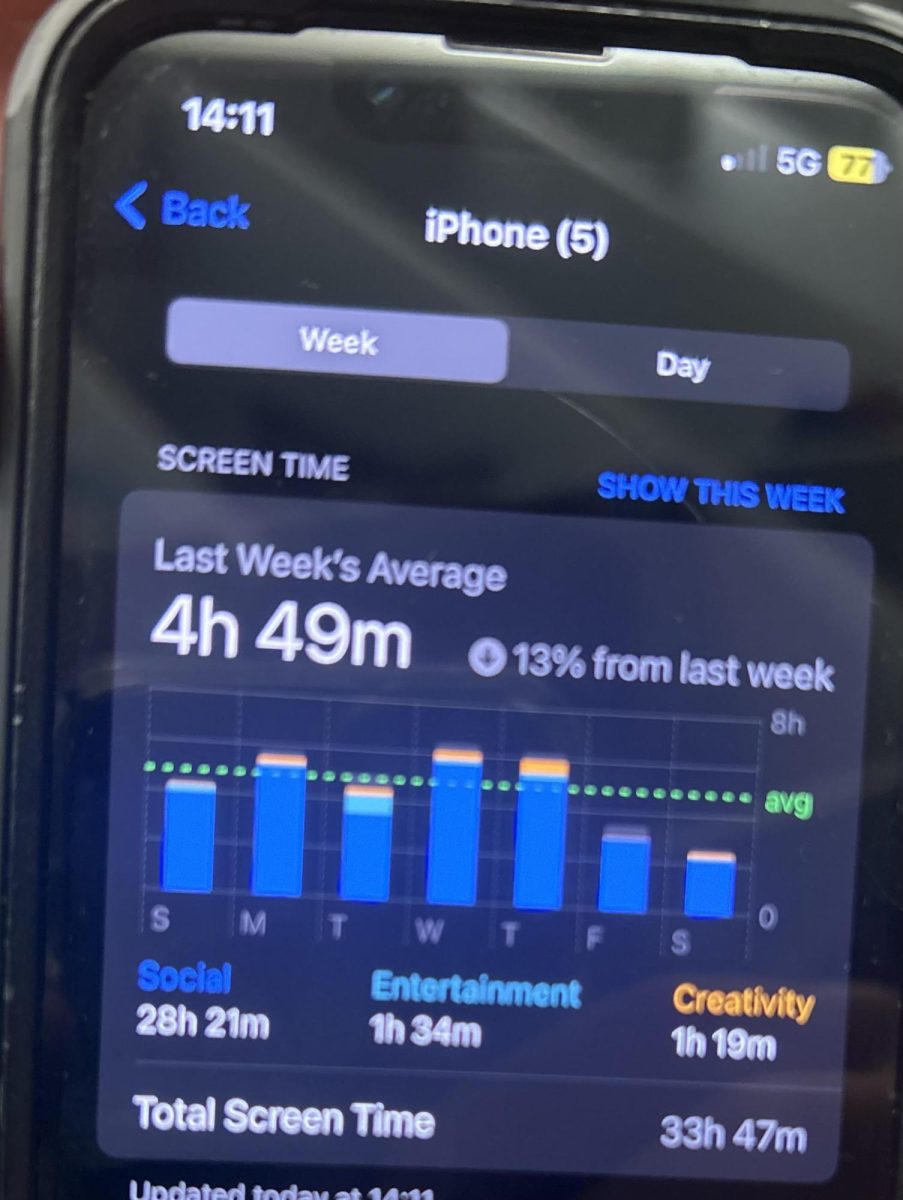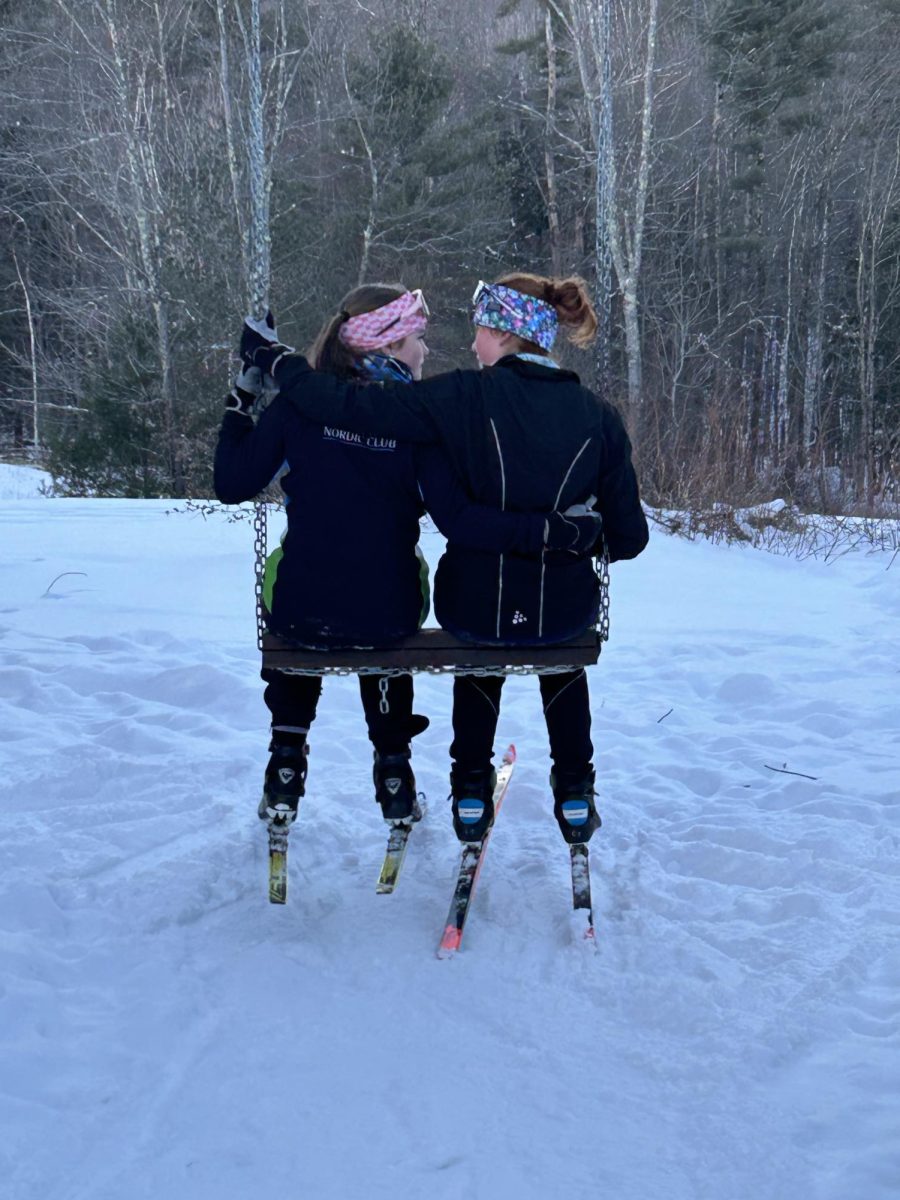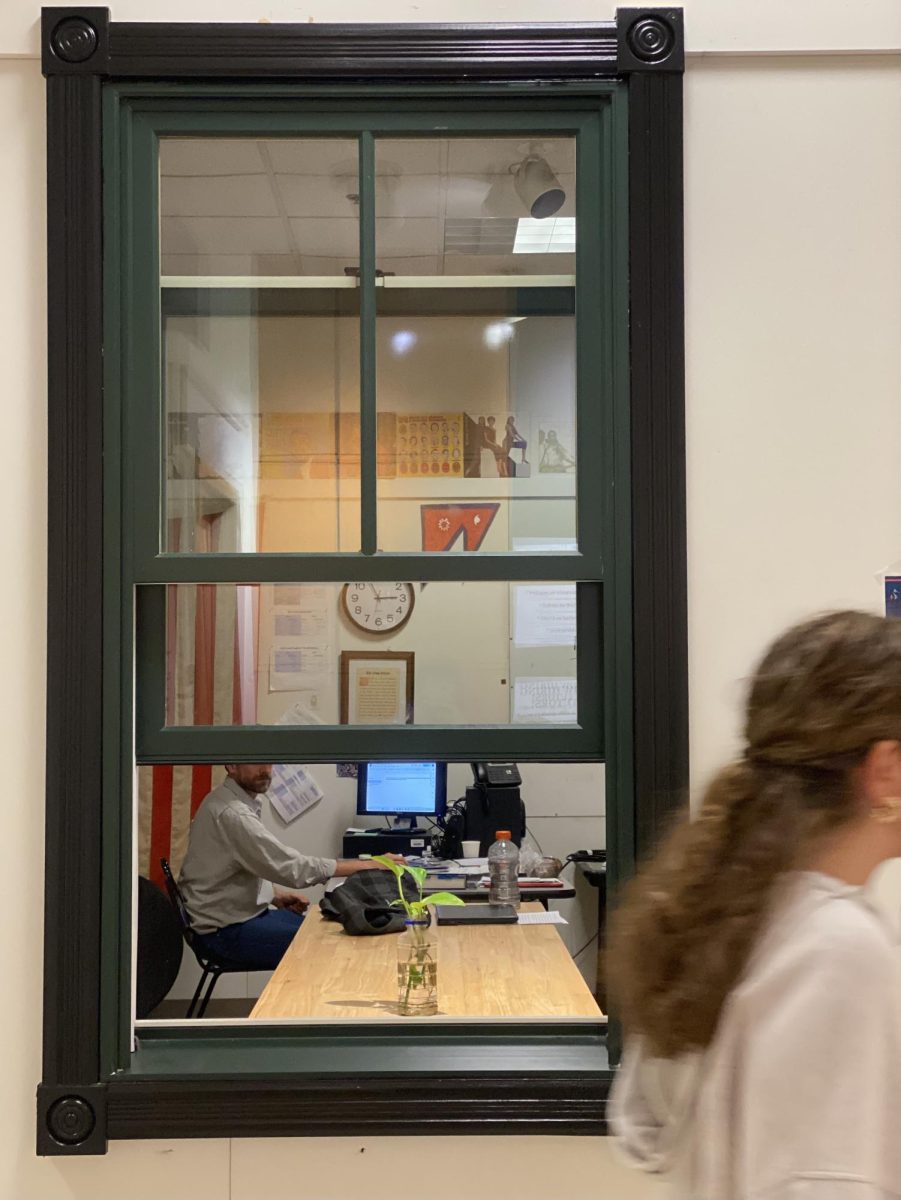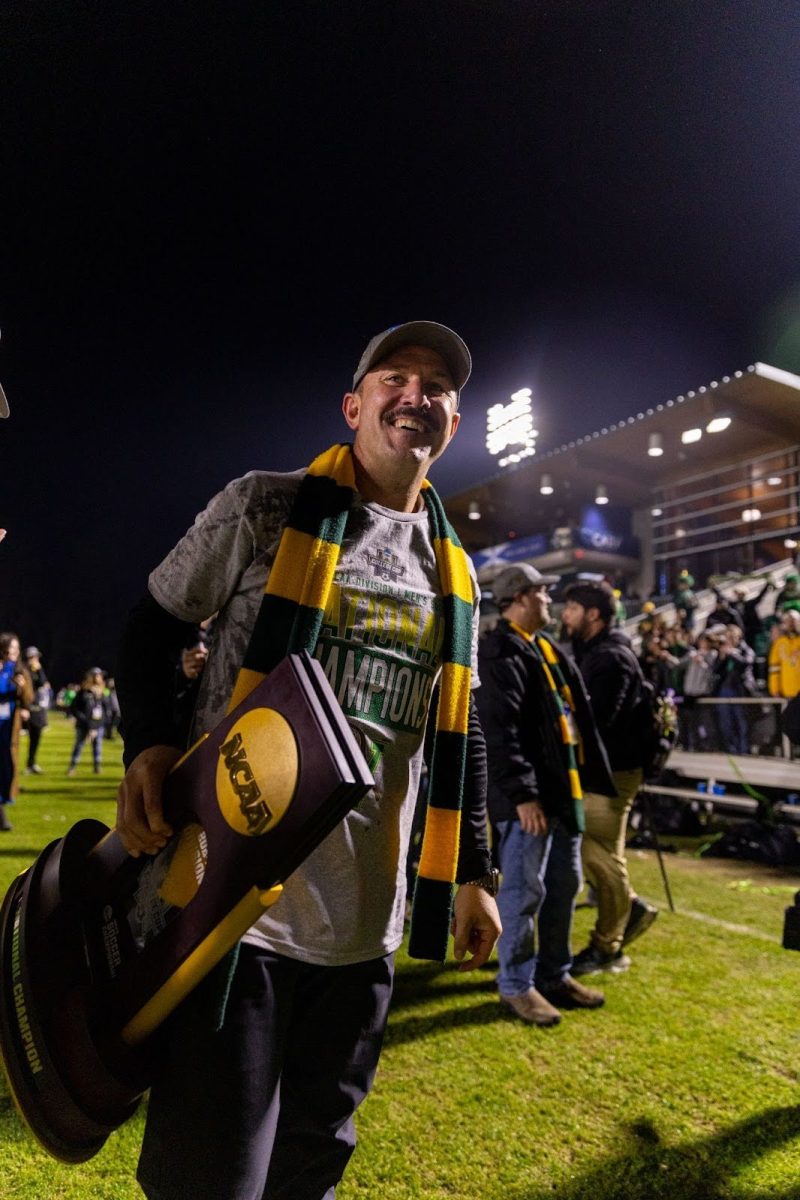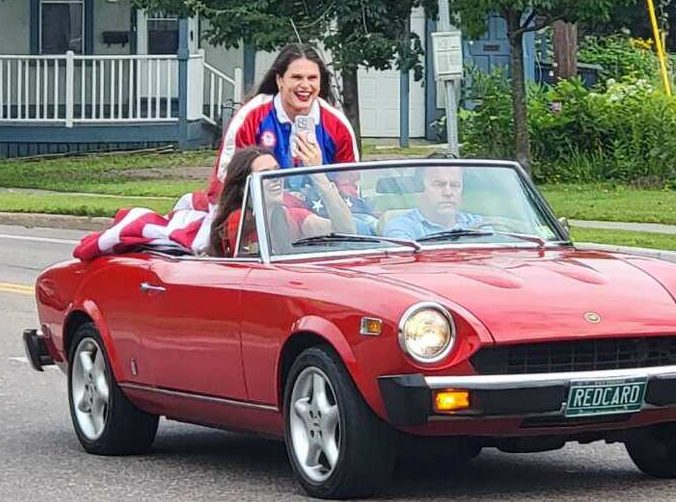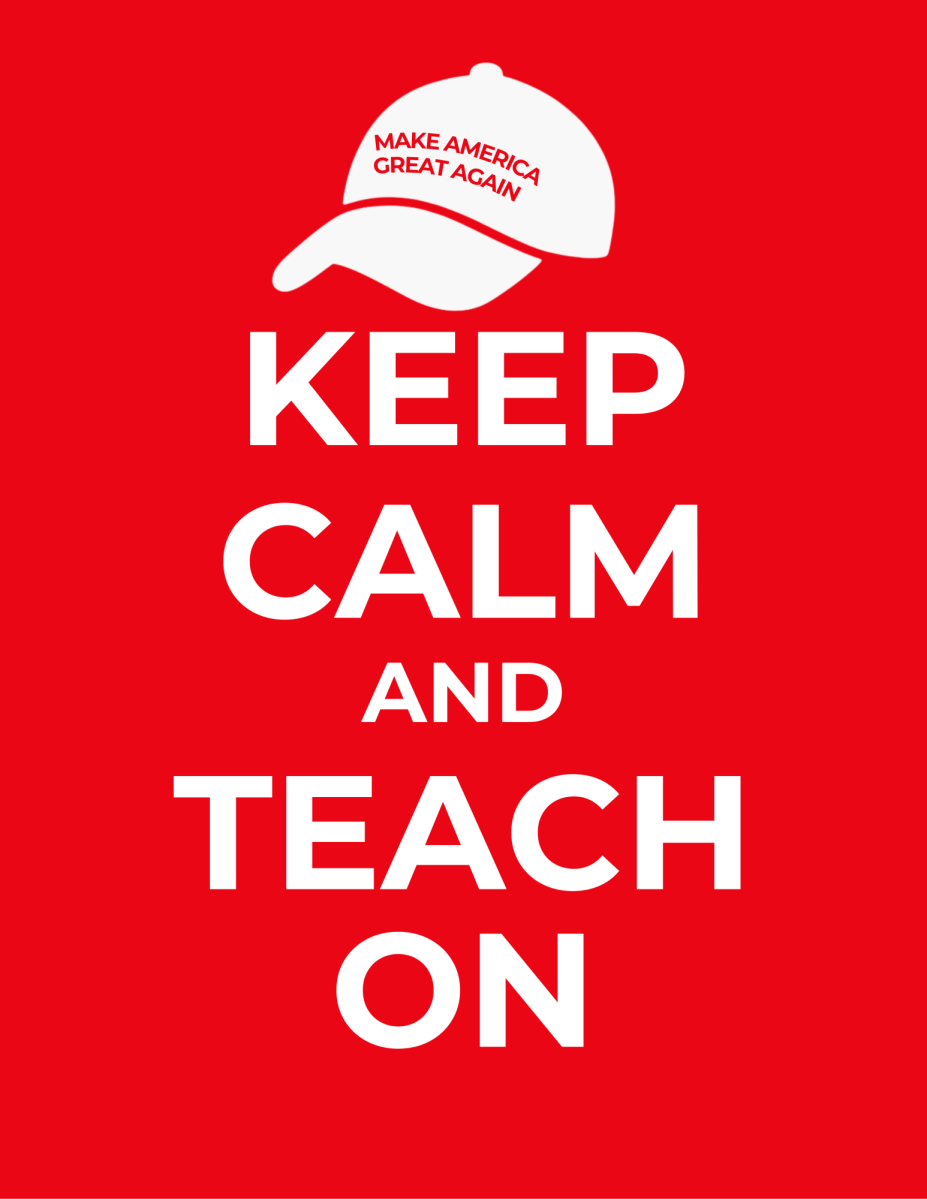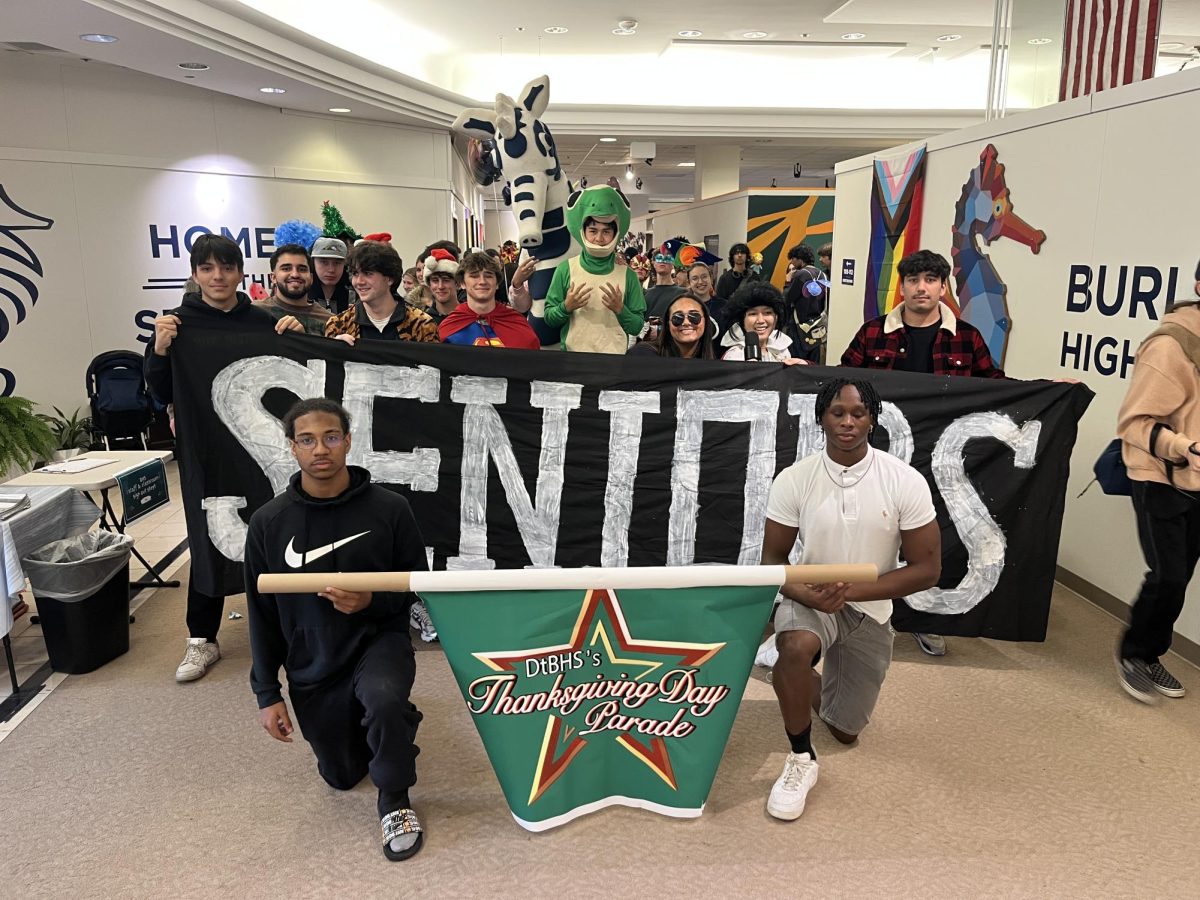Logging into DraftKings is like entering an arcade: bright colors filled the screen and a variety of shiny games demanded our attention. We selected the NBA playoffs and placed a wager on a “four-leg parley”, allured by its large payout. We had opened the app firmly set on only betting $10, but as we watched our possible profit rise, we eventually placed a $13 bet which would yield $250. We were excited. It was only after we lost that we realized we had less than a 5% chance of winning.
Vermont legalized sports betting on January 11, 2024. The law explicitly prohibits anyone under the age of 21 from making accounts on sportsbook websites or placing any bets. Though sites often require a user’s social security number and driver’s license to create an account, students have bypassed such barriers.
“It wasn’t that hard [to create an account],” Quinn Moore ‘25 said. “I just had to ask my parents for permission to use their ID and stuff … so I just have it under their account.”
Moore is one of over 31 thousand active users in Vermont on sportsbook sites in January, who collectively bet nearly $13 million. A junior, who requested to remain anonymous, also uses these sites. ‘John” said that he saw his friends doing it and that it was easy to access on an app.
“And then there wasn’t really any intense security precaution,” John said. “So I just signed up.”
The three betting operators approved for Vermont: DraftKings, FanDuel and Fanatics all have phone apps where users can bet on almost any sporting event in an assortment of bet types. You can bet on who will win, but you can also bet on things like total points or how many 3-pointers Caitlin Clark will make in this quarter. You can even bet during the game on things like who will score next. The four-leg parley we bet on meant that 4 different things had to happen, leaving us with only a 5% chance.
The odds and their corresponding payouts are calculated through the use of complex computer algorithms that make it practically impossible to “beat the odds”.
Statistics teacher Marcel Girouard teaches a two week Year End Studies course on gambling called “Beating the House or Not: The Math in Casinos”.
“I think what’s different about sportsbook betting [rather] than going to a casino and playing roulette, is that you actually think you have a chance of winning,” Girouard said. “Whether you know a lot about the sport or not, your mother who doesn’t know anything about sports is just as likely to win as you are because of the homework that’s gone into the setting of those sports betting lines.”
If you are a sports fan, you have been seeing sports betting advertisements everywhere. In fact, researchers for CBS marketplace and at the University of Bristol in England conducted a study in which they observed 7 NHL and NBA games and found that messages related to sports betting filled up to 21% of each broadcast on average.
According to Vermont state law, “Sports wagering advertisements shall not… target individuals under 21 years of age.” Regardless, sportsbooks often air advertisements containing famous athletes and other celebrities during evening hours, when teenagers are likely to be watching television.
Students also see a significant amount of gambling-related content on social media, which is a common way underage students are drawn into sports betting.
“I’ll see someone posted a video of best locks to put in, and I’m like, ‘oh, I should do that,’” John said.
Gus Barkyoumb ‘26 also said that social media draws him into sports betting.
“I see on social media a lot of gambling things for sports betting, so when I watch some games sometimes I think, ‘oh that would be kinda cool,’” Barkyoumb said.
Studies show that somewhere between 1% and 20% of adult gamblers become problem gamblers or are seriously addicted. While there is limited research for high school-aged gamblers in the US, kids under the age of 12 who participate in sports betting with their parents are four times more likely to engage in problem gambling later in life according to Mass.gov.
Students, however, feel they are able to safely manage their betting habits.
“I don’t see myself committing to a much higher level, but I could see myself just doing this as a little hobby,” John said.
Girouard has not seen much student gambling, but thinks that if students do choose to gamble, they should only bet on a small scale.
“Keep it fun, and keep it responsible,” Girouard said. “This isn’t meant to be a steady flow of income, this is meant to be entertainment. And if you treat it as such, I think you’ll enjoy it a lot more.”
The Vermont Department of Liquor and Lottery has $250,000 to support training Vermont counselors to specialize in problem gambling, but there has been no discussion of training high school counselors or underage gamblers in general.
“I believe this is an area in which we will need to lean in and educate students about the potential implications and possible negative outcomes,” guidance counselor Karen Prouty said. “Students [who are struggling with gambling] should definitely access BHS counseling, and we welcome all students … Additionally, The Department of Mental Health offers a myriad of resources, including the Vermont Gambling hotline. 1-800-522-4700.”
You bet?
Underage students are gambling online
June 13, 2024
0
Donate to BHS Register
$339
$500
Contributed
Our Goal
Your donation will support the student journalists of Burlington High School. Your contribution will allow us to purchase newsroom equipment and cover our annual website hosting costs.
More to Discover
About the Contributors

Oscar Jacobsen, Editor-in-Chief

Annie Harte, Managing Editor
